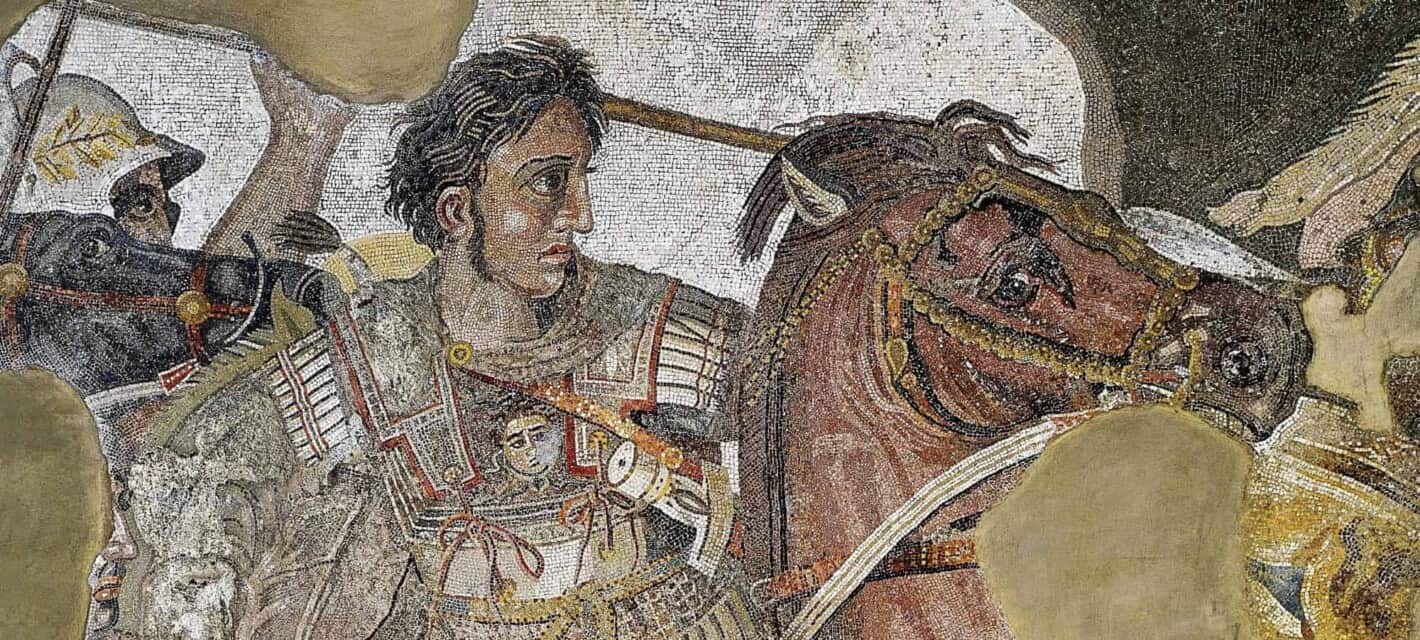While Alexander the Great is widely regarded as one of the greatest military commanders in history, his father, Phillip II of Macedon, is arguably underrated as he continues to stand in the long shadow of his son. The Battle of Chaeronea is often said to be the beginning of Alexander’s career because it was the first time he played a significant role in a conflict. Although he was just 18 years of age, Alexander had won his father’s confidence to the point where he was given command of one of the Macedonian army’s two wings.
At Chaeronea, Alexander was de facto second in command but the battle was all about Phillip’s planning, patience, and tactical brilliance. It was also a masterpiece of innovation. Before Chaeronea, Greek generals fought at the front. While it was good for morale, it was less effective in the heat of battle because the general was no longer able to maintain control over the army. Phillip was the first Greek commander to stay away from the thick of the fighting; a tactic that enabled him to coordinate his forces, something he did brilliantly at Chaeronea.

Background to Chaeronea
Phillip II of Macedon came to power in 359 BC and was in charge at a time when his country was a weak military force. He gradually created an extraordinary fighting machine which was inherited by Alexander. Phillip’s army was based on the Sacred Band of Thebes and was comprised of professional soldiers rather than citizen troops. He also altered the antiquated phalanx defense, replaced the hoplite spear with a long pike known as a sarissa and added a double-edged sword called a xiphos to proceedings. Phillip even improved the helmets and shields of his army.
Phillip soon defeated the Thracians up north and showed the Athenians that his reformed army was a major threat. From 352 BC onward, Phillip was at odds with Athens and captured several Greek cities including Crenides, Methone, and Olynthus. These conquests impacted the Athenian grain supply so the city actively sought out allies to help them deal with Phillip. Thebes was a traditional enemy but Athens reminded their old foes that their geographical position meant they would fall to Phillip first. Meanwhile, Thebes requested assistance from Persia, a nation that shared a mutual dislike of Phillip.

By 339 BC, it was clear that Athens and Thebes had no choice but to fight a pitched battle with Phillip and Demosthenes, one of Athens’ most gifted orators, managed to persuade his fellow citizens to fight the Macedonians and seek Thebes’ temporary assistance in doing so. He spoke of the Greek victory over the Persians at Marathon and used it as ‘proof’ that Athens could easily defeat the northern invaders. Demosthenes spoke with the Thebans and ultimately helped win a vote for an alliance.
His cause was helped by the fact that Phillip and an army of 30,000 men were already only a few days march from Athens. The Macedonians were in the area helping the Delphic Amphictyony fight against Amphissa during the Fourth Sacred War. Phillip tried to gain an alliance with Thebes but the city-state sided with Athens after receiving a very generous offer from its increasingly desperate traditional foe. There were a couple of skirmishes during the winter of 339/338 BC, but it would be several months before real fighting broke out.

